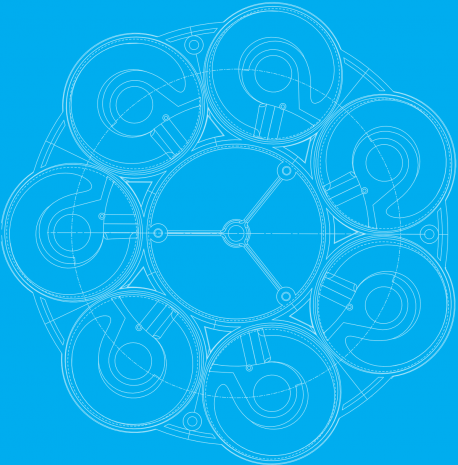
Breaking News
Chicago Homicide Rate: 2025 Analysis
 Tennessee Sues Roblox, Says Game is a 'Gateway for Predators' Targeting Children
Tennessee Sues Roblox, Says Game is a 'Gateway for Predators' Targeting Children
 Kushner and Witkoff Reportedly Draft $112B Plan to Turn Gaza Into 'Smart City'...
Kushner and Witkoff Reportedly Draft $112B Plan to Turn Gaza Into 'Smart City'...
 Christmas in Venezuela: What It Was Like After Socialism Destroyed the Country
Christmas in Venezuela: What It Was Like After Socialism Destroyed the Country
Top Tech News
 Perfect Aircrete, Kitchen Ingredients.
Perfect Aircrete, Kitchen Ingredients.
 Futuristic pixel-raising display lets you feel what's onscreen
Futuristic pixel-raising display lets you feel what's onscreen
 Cutting-Edge Facility Generates Pure Water and Hydrogen Fuel from Seawater for Mere Pennies
Cutting-Edge Facility Generates Pure Water and Hydrogen Fuel from Seawater for Mere Pennies
 This tiny dev board is packed with features for ambitious makers
This tiny dev board is packed with features for ambitious makers
 Scientists Discover Gel to Regrow Tooth Enamel
Scientists Discover Gel to Regrow Tooth Enamel
 Vitamin C and Dandelion Root Killing Cancer Cells -- as Former CDC Director Calls for COVID-19...
Vitamin C and Dandelion Root Killing Cancer Cells -- as Former CDC Director Calls for COVID-19...
 Galactic Brain: US firm plans space-based data centers, power grid to challenge China
Galactic Brain: US firm plans space-based data centers, power grid to challenge China
 A microbial cleanup for glyphosate just earned a patent. Here's why that matters
A microbial cleanup for glyphosate just earned a patent. Here's why that matters
 Japan Breaks Internet Speed Record with 5 Million Times Faster Data Transfer
Japan Breaks Internet Speed Record with 5 Million Times Faster Data Transfer
Home cancer-screen kit and UV-harvesting windows win James Dyson Awards

The annual competition encourages university students to develop innovative solutions to current problems.
Judit Giró Benet of the University of Barcelona was the 2020 international winner for The Blue Box. This device and an accompanying app are designed to make it easy and more comfortable for women to self-screen for breast cancer at home.
The current gold standard for detecting breast cancer is a mammogram. During the procedure, each breast needs to be compressed between two plastic plates while an X-ray is taken, and it can sometimes be painful or at least not particularly comfortable. That can lead women to avoid getting tested, potentially reducing survival rates. To make matters worse, mammograms have relatively high rates of false positives and negatives.
The Blue Box, on the other hand, is designed to be simple to use at home, to remove that discomfort barrier that may prevent some women from getting tested. The device uses six chemical sensors to analyze urine samples for a particular set of breast cancer biomarkers, with the grunt work being performed by an AI algorithm in the cloud.
The diagnosis is then sent to the accompanying Blue Box app. Benet says the system is more than 95 percent accurate.
"The Blue Box endeavors to change the way society fights breast cancer and to give all women in the world the chance to avoid an advanced diagnosis, making screening a part of our daily lives," says Benet. "The prize money will allow us to patent more extensively, expediate research and development, and help to ensure our product is viable."

 Advanced Propulsion Resources Part 1 of 2
Advanced Propulsion Resources Part 1 of 2

